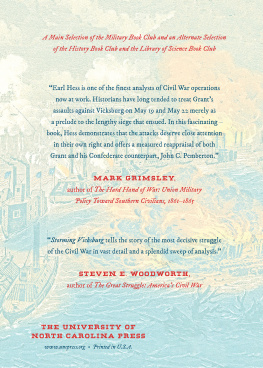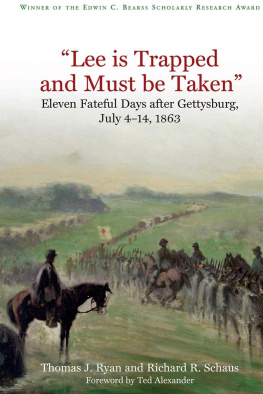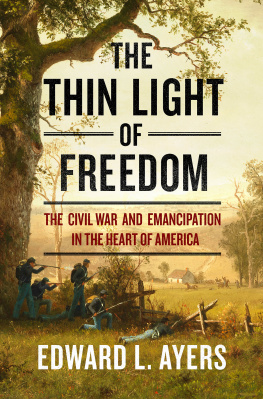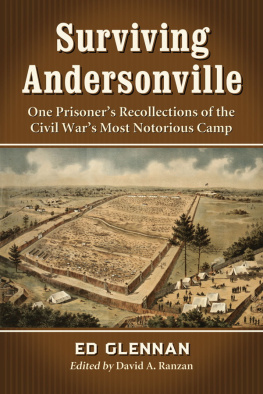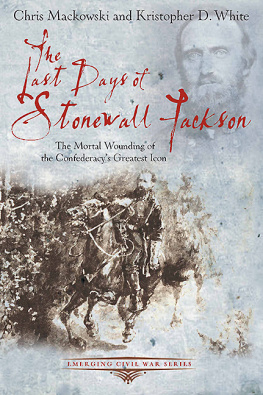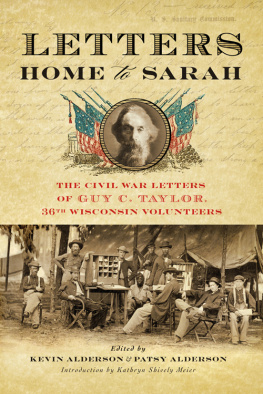
GRANTS EMERGENCE AS A STRATEGIC LEADER JULY, 1863, TO MARCH, 1864
by
Robert L. Ball, LTC, U.S. Army
This edition is published by PICKLE PARTNERS PUBLISHINGwww.picklepartnerspublishing.com
To join our mailing list for new titles or for issues with our books picklepublishing@gmail.com
Or on Facebook
Text originally published in 1999 under the same title.
Pickle Partners Publishing 2014, all rights reserved. No part of this publication may be reproduced, stored in a retrieval system or transmitted by any means, electrical, mechanical or otherwise without the written permission of the copyright holder.
Publishers Note
Although in most cases we have retained the Authors original spelling and grammar to authentically reproduce the work of the Author and the original intent of such material, some additional notes and clarifications have been added for the modern readers benefit.
We have also made every effort to include all maps and illustrations of the original edition the limitations of formatting do not allow of including larger maps, we will upload as many of these maps as possible.
TABLE OF CONTENTS
Contents
TABLE OF CONTENTS
Preface
Abstract
Chapter 1 Introduction
Chapter 2 The Foundation Is Laid
Chapter 3 Uncharted Waters
Chapter 4 The Die Is Cast
Chapter 5 Conclusions
REQUEST FROM THE PUBLISHER
Bibliography
Preface
This paper was years in the making and sprang from two questions. The first has to do with the relationship between Grant and Lincoln and how it developed. I have long thought that the teaming of Abraham Lincoln and Ulysses S. Grant was one of the keys to success in the American Civil War. Until this year I had not spent any time researching and thinking about how that relationship happened.
The second question had to do with how Grant became the great strategic thinker that he was at the end of the war. Did he have a solid grasp of strategy as a brigadier general? I had a feeling that he developed his strategic skills but, again, had not been able to devote any serious study to it.
Researching and thinking about this subject has been a joy. I have found Grant to be a commander of heroic proportion and confirmed my opinion that Lincoln was one of the greatest leaders to be produced by the nation. If the value of historical biography is to gain inspiration for the present and future from the perseverance of others in the face of insurmountable odds, I need look no further for my inspiration.
I wish to thank Dr. Howard Hensel for his patient guidance and inspirational course on the strategies of the Civil War. I would also like to thank my parents for awakening an interest in the Civil War in me and for taking me to all those battlefields.. And finally, thanks to Sally, Andrew, and Rob for your patience in listening to all those anecdotes about Grant. Youve been good sports.
Abstract
This paper looks at Ulysses S. Grants development as a strategic leader with emphasis on the time period July, 1863, to March, 1864. It has a dual focus. The first is an examination of Grants growth as a strategic thinker. The second is on the opening of opportunity for Grant to become a leader at the strategic level. The paper is written chronologically, with both subjects interwoven.
Bruce Catton, Lloyd Lewis, Carl Sandburg, and T. Harry Williams wrote the primary sources used in research and provided a good balance of Grant-centric and Lincoln-centric views. Whenever possible, The Official Records of the Rebellion were used. Care was taken to use source material written during the Civil War. Shermans war time views of Grants abilities carry more weight in this paper than what he wrote after the war. Similarly, Grants Memoirs were read with a jaundiced eye.
The findings of the research are laid out in the body of the paper. Grants career is reviewed in order to show a steady progression of ability. There is also a noticeable maturation in Grants strategic thinking that can be seen in the period highlighted. Finally, incidents are examined in which Grant proved himself to President Lincoln to be a perceptive, adept actor in the politics of high level command, earning Lincolns trust and confidence.
The conclusion of the paper is that just when the nation called for him, Grant had developed the essential skills for the job of general-in-chief.
Chapter 1 Introduction
Grant is the first general I have had. You know how it has been with all the rest. As soon as I put a man in command of the army, hed come to me with a plan of campaign and about as much to say, Now, I dont believe I can do it, but if you say so, Ill try it on, and so put the responsibility of success or failure on me. They all wanted me to be the General. Now it isnt so with Grant. He hasnt told me what his plans are. I dont know and I dont want to know. I am glad to find a man that can go ahead without me. Abraham Lincoln
The American Civil War provides an abundance of examples of the rising of men to face seemingly insurmountable challenges. One of the most intriguing stories of that war is the search by President Abraham Lincoln for a military commander who could develop and execute a war-winning strategy. Several generals of promise tried and failed. The man who emerged as the supreme military strategist of the war was certainly not one that anyone would have predicted at the beginning of the war. The story of his development during the crucial period of July, 1863, to March, 1864, is the subject of this paper.
Military strategy is a subset of national, or grand strategy. Grand strategy has the goal of mobilizing and applying the national resources to attain the national objectives. The national military strategy is blended with other non-military strategies to accomplish the grand strategy. It is conducted at the national level.
During the Civil War, the role of chief military strategist was embodied in the position of general-in-chief. At the beginning of the war, venerable Winfield Scott was the general-in-chief. Scott was an American hero in the War of 1812 and the War with Mexico. He developed and articulated the Unions strategy for the beginning of the war in the form of the Anaconda Plan. The demands of the job were too much for the aged, corpulent hero of the past, and he asked to be relieved in the Fall of 1861.
George B. McClellan was Lincolns next choice to be the general-in-chief. He combined the position with that of commander of the Army of the Potomac and, for various reasons, failed to execute both jobs. Lincoln saw that he needed a full time general-in-chief, relieved McClellan, and for four months served as the commander-in-chief and de facto general-in-chief. Eventually he brought a successful general from the western theater, Henry Halleck, to be the new general-in-chief. Halleck filled the role from July, 1862, until Grant became general-in-chief in March, 1864. Thus, by the time Grant became the general-in-chief, there had been three previous ones, and Lincoln had even tried to do without one.
The selection of Grant as general-in-chief marked a turning point in the war. The war would continue for more than a year, but it would be a year of steady activity by Union forces. More importantly, it would be activity that was controlled by a central military strategy that was effectively tied to the national strategy. For the first time Union soldiers in Georgia, Virginia, and Louisiana were moving in concert with a master plan, and those soldiers could feel that their exertions were part of something bigger than they could see. The military strategy that directed them was a product of the development of Grant as a strategic leader, particularly during the period July, 1863, to March, 1864.




